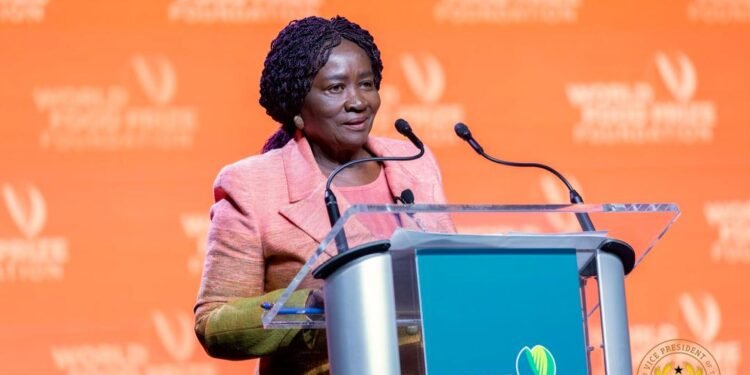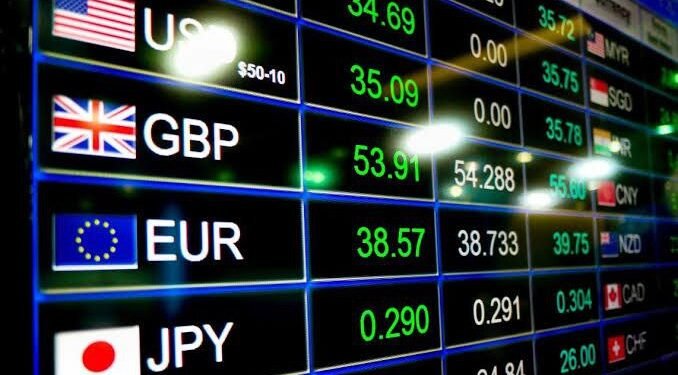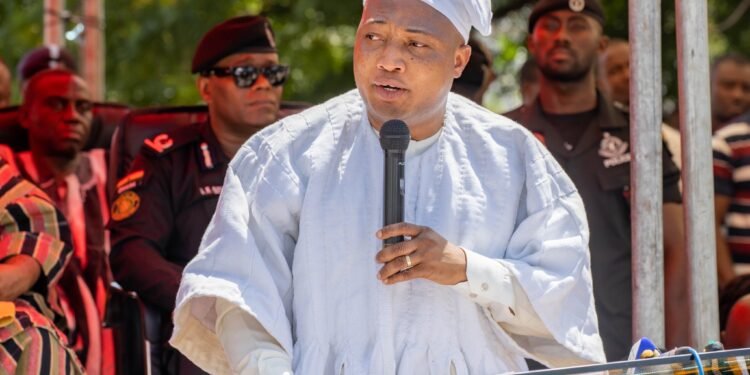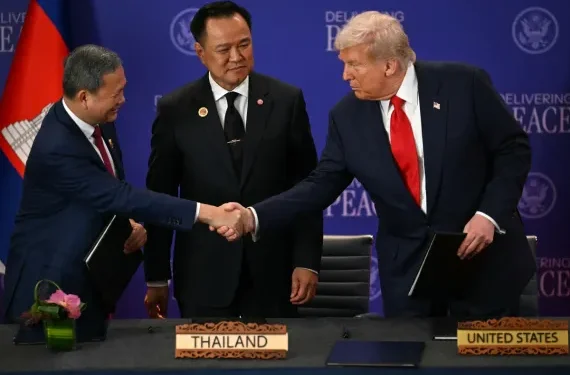In a renewed show of strategic cooperation, Russian Energy Minister Sergei Tsivilev and Chinese Ambassador to Russia Zhang Hanhui convened to discuss the evolving dynamics of Russian-Chinese collaboration in the fuel and energy sectors.
The meeting, held ahead of the St. Petersburg International Economic Forum, focused on liquefied natural gas (LNG), natural gas supply routes, joint energy projects, and expanding oil and coal trade.
According to the Russian Ministry of Energy, the two sides reaffirmed their shared commitment to energy as a core pillar of their bilateral relationship.
“The fuel and energy complex remains one of the priority areas of the Russian-Chinese strategic partnership.”
Russian Energy Minister Sergei Tsivilev
China has emerged as Russia’s most vital energy customer in the wake of Western sanctions, embargos, and price caps triggered by Russia’s invasion of Ukraine in 2022.
With its traditional European markets largely inaccessible, Russia has pivoted to the East offering discounted oil and gas to China and other Asian nations.
Since 2019, Russian state gas giant Gazprom has been exporting natural gas to China through the Power of Siberia pipeline, which now operates at full capacity.
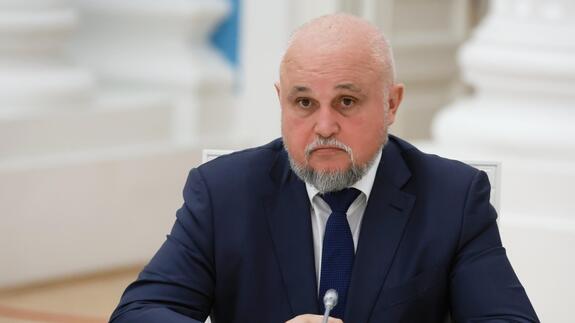
The pipeline was part of a $400 billion agreement signed in 2014, designed to supply 38 billion cubic meters of gas annually over 30 years.
However, prospects for expanding this infrastructure further through the proposed Power of Siberia 2 pipeline, a project that would double gas exports to China remain uncertain.
Despite Russian officials touting “active” discussions on the Power of Siberia 2 pipeline, the road to final agreement appears long and fraught.
The new pipeline would source gas from Western Siberia, rerouting volumes originally destined for Europe to China instead.
“Russia is in an active stage of talks with China over the Power of Siberia 2 gas pipeline.”
Russian Energy Minister Sergei Tsivilev
Still, the minister tempered expectations, stating that a final agreement is not imminent, according to Russian news agency TASS.
China’s negotiating leverage has grown substantially since 2022, as it has become Russia’s top energy and trade partner. Yet Beijing is playing a cautious hand, driving a hard bargain on pricing and future commitments.
Talks Touch on Energy Justice
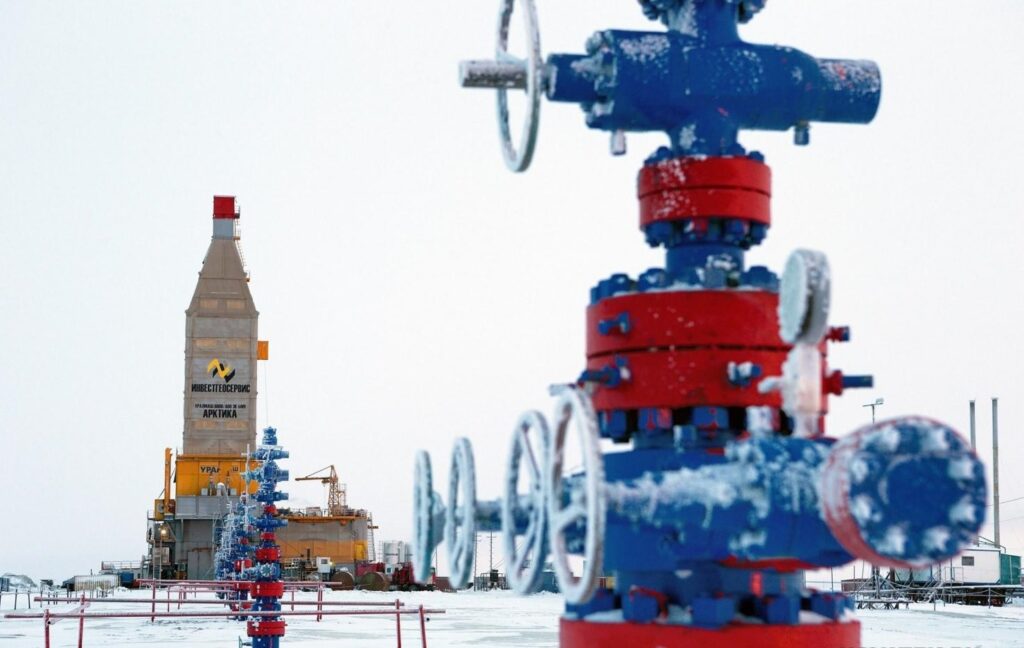
An intriguing new aspect of the Russian-Chinese energy dialogue is the concept of “energy justice” a topic both sides plan to explore during the upcoming St. Petersburg International Economic Forum.
“The topic of energy justice, which takes into account not only economic but also social aspects of cooperation, will be discussed on the sidelines of the Forum.”
Russian Energy Minister Sergei Tsivilev
While the inclusion of social equity and environmental responsibility is likely symbolic, it reflects an awareness of the growing international scrutiny over fossil fuel dependencies and long-term energy sustainability.

Beyond natural gas, Russia and China are working to deepen cooperation in oil and coal sectors. China has significantly ramped up purchases of Russian crude, taking advantage of price discounts as Russia tries to maintain cash flows under sanctions pressure.
Meanwhile, Russian coal exports to China are booming, especially via overland routes, as both countries invest in expanding rail and port infrastructure.
Yet, the absence of a formal agreement on Power of Siberia 2 remains a key gap in Russia’s ambitions to solidify its energy pivot to Asia.
While diplomatic engagements continue and broader cooperation strengthens, the underlying power asymmetry in this energy relationship remains clear. Russia is eager to lock in long-term energy buyers, while China is leveraging its market dominance for maximum advantage.
READ ALSO: Cedi to Remain Stable Against Major Currencies- Finance Minister Assures Ghanaians










